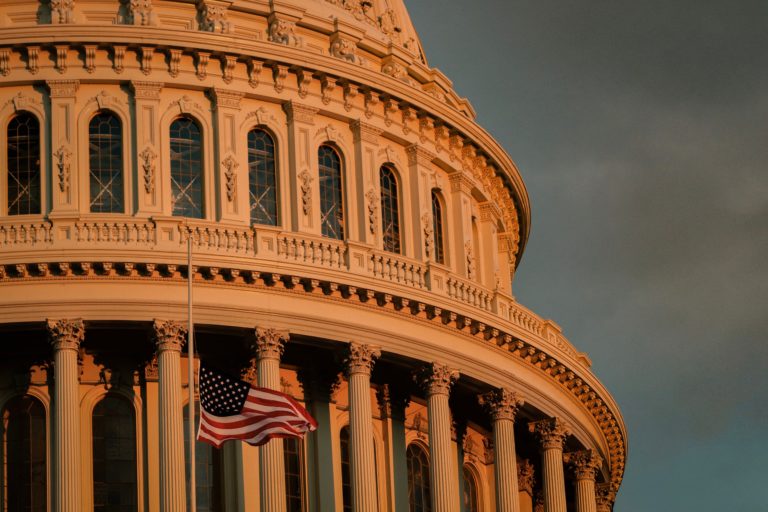Happy Women’s Equality Day! Here are four ways you can celebrate today: Learn about…
International Women’s Day: Looking Abroad for Inspiration

March 8th marks International Women’s Day, a day where we celebrate women’s accomplishments and acknowledge how far women across the world have come in political, social, and economic development. To commemorate Women’s History Month and in advance of International Women’s Day, the Women & Politics Institute will host a special conversation about women’s political participation around the world with female ambassadors representing their countries in the United States. The event will feature ambassadors: H.E. Hunaina Sultan Al Mughairy of Oman, H.E. Mathilde Mukantabana of Rwanda, H.E. Roya Rahmani of Afghanistan, and H.E. Bergdís Ellertsdóttir of Iceland. To get ready for International Women’s Day, we provide a snapshot of women’s political representation and leadership in these four countries.
 Source: United Nations Entity for Gender Equality and the Empowerment of Women, Inter-Parliamentary Union
Source: United Nations Entity for Gender Equality and the Empowerment of Women, Inter-Parliamentary Union
Rwanda ranks first in the world for women’s political representation and has since 2013, when women won 64 percent of seats in a historic parliamentary election. Following the decimation the country felt after the genocide, the Rwandan president Paul Kagame determined the country could not rebuild with men’s labor alone, and added into the Constitution a 30 percent quota for women in elected positions. Women’s actual participation has far outstripped this goal, and women have formed the majority of the Rwandan legislature for several years. However, there is still work to be done, as many Rwandan women leaders continue to face doubts about their capabilities.
Iceland is a world leader in gender equality. The country has topped the World Economic Forum’s Global Gender Gap Index 11 years in a row. Iceland’s first female president, Vigdís Finnbogadóttir, held office from 1980 to 1996, inspiring an entire generation of Icelandic women to run for office. Katrín Jakobsdóttir is the second woman to serve as prime minister.
The political situation for women in Afghanistan has been slowly improving since the fall of the Taliban. Afghanistan’s Constitution of 2004 mandates that 27% of seats in the lower house and 50% in the upper house of the legislature be held by women. In December 2018, Roya Rahmani became the first woman ambassador from Afghanistan to the United States.
Women in Oman earned the right to vote in 1994. A decree in 2011 gave Omanis the chance to vote for municipal councillors for the first time in the country’s history – prior to the decree, all councillors were appointed by governors. Four women were elected in the 2011 cycle, and seven women earned their seats in 2016. However, women are currently banned from serving as judges at any level in the country.
In the United States and throughout the world, the fight for equality in women’s political leadership continues. These four countries act as a microcosm of the progress being made around the world: there are reasons to be optimistic, but overall women still have a long way to go to reach political parity. One crucial step in improving women’s lives is to have conversations about women, with women.
Hear from these female ambassadors at WPI’s second annual International Women’s Day event taking place Wednesday, March 4th at 6pm on American University’s Main Campus. You can register for the event here, or tune in via Facebook Live at 6pm ET.






